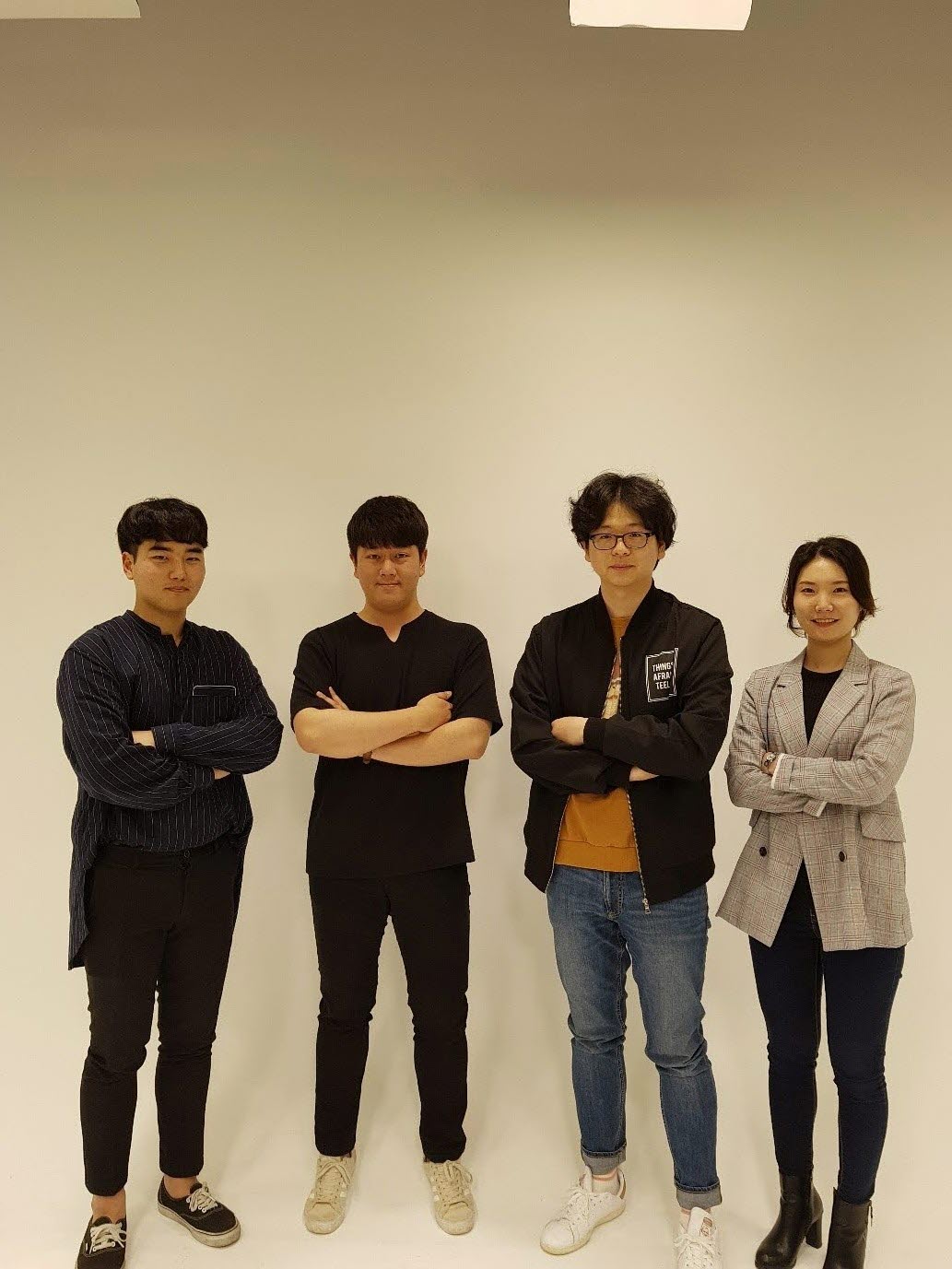CWNU is supporting various technical education projects for the upcoming 4th industrial revolution. In the 4th industrial revolution, drones are very important because they are not just for flying but are used for many different things. For example, drones are also used to spray pesticides on large farms. Even dangerous areas that people don't have easy access to, can be explored using this new and advanced piece of technology. The drones vary in size and shape depending on its desired purpose. In order to operate them properly, users need a drone driver’s license.
We recently have four pilots of an ultra-light, unmanned, multi-copter on our campus, Kim Gyeong-ah and Park Geon-ung majoring in Environmental Engineering, Park Gi-baek majoring in Journalism & Mass communication, and Chang Hyun-jae majoring in Electric Engineering. The Campus Journal met one of them, Kim Kyung-Ah.
Q: Can you explain some details about the national license to become a pilot of an ultra-light, unmanned, multi-coptor, which is unfamiliar to people?
Kim: To be simple, drones below 12kg are allowed to be used by anyone for personal reasons but if the fuselage is heavier, used for broadcast shoots or the one with a purpose for profits, you’ll need a license.
Q: What made you prepare for the national drone certificate test?
Kim: These days, I conduct a research about the municipal environment. For this study, drones are utilized unlike the past days using satellite images. It was pretty hard because the definition wasn’t so good. To cover these problems, my professor asked me to conduct research using drones and I got so interested. At first, there was no one around me who was familiar with drones and no place to learn how to drive drones, so I had to go to institutions out of school. But last year, LINC+ opened a class to make drones and it was a very good opportunity for me to get to know how drones work. And after finishing the class, the school selected some to support for tests. It was very natural that I got interested, learned, and got certificated.
Q: How did you prepare for the drone national certificate test?
Kim: LINC+ recruited four students to support the drone certificate test. It is too hard to prepare for the test personally because it costs a lot. Therefore, the business group selected students very carefully based on an interview and presentation. The four successful candidates who got to participated in the course to prepare for the national test were eager to achieve their common goals, so we were synergized so much. A Drone license test is divided into a written and practical exam and to take the test, 20 hours of driving drones is required. It is a very picky exam to prepare by oneself because you should even drive at certified organizations and it isn’t affordable. However, LINC+ on our campus helped a lot. They connected certificated drone educational organizations as well. Also, we had a camp for 2 weeks and drove drones every day for practical exam.
Q: What was the hardest part during preparation for the tests?
Kim: Nothing was too hard to give up. Our school supported us very systematically and prepared us a lot, so I just had to follow the school curriculum. If I had to do everything on my own, it would have been so expensive to borrow drones and find organizations.
Q: Can you share some tips for the ones who are preparing for the drone test?
Kim: First, be patient. The written exam is not so different from other exams. If you just understand, memorize, and write well, there will be no problem. However, when taking the practical exam, you should drive the drone according to the given course. You would find it is not too easy to drive where you want to go. So, you should be patient and practice.
Secondly, Control your mind. Drones are so dependent on wind. You might not know how the wind flows and when it will go. So, you should stay calm in every situation. For this reason, you should control your mind not to panic in any circumstance.
Q: Please share your future plans or advice to our readers.
Kim: I will try to apply more parts related to drones to my studies and research, rather than just getting certificates. And I’m a mentor of some projects regarding drones. I am not an expert in making drones, but I thought to be helpful to other students by collecting and analyzing information using drones. The theme of our team is to make a 3D map of CWNU using drones. Please look forward to it.
Also, I would like to say that there are various programs on campus not only regarding drones but also anything. I hope you would be the one who catches your own opportunity.
 |
| ▲4 students who are certified with an pilot of an ultra-light unmanned multi-copter. |
By Gwon Min-gwan, reporter 1zstarz1@naver.com
<저작권자 © The Campus Journal, 무단 전재 및 재배포 금지>

 Shrinkflation, Consumer Deception
Shrinkflation, Consumer Deception




